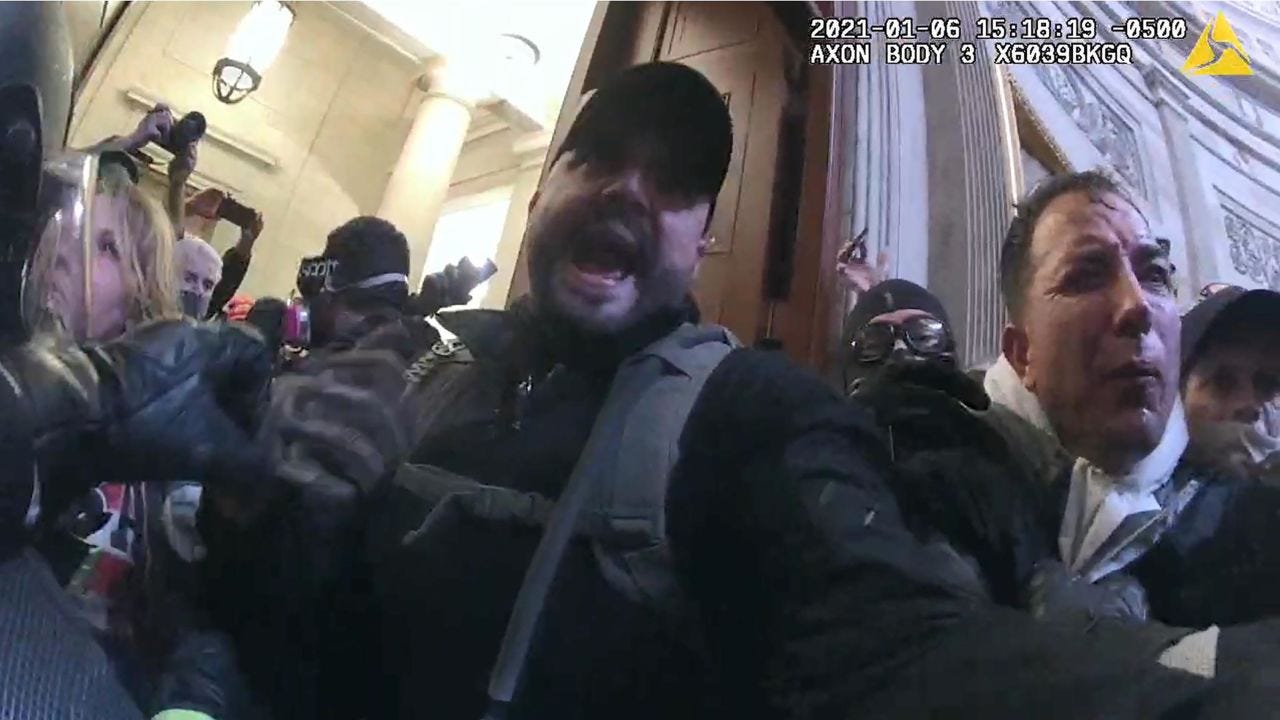What Happens When Soldiers and Sailors Come Home?
The first in a series about The Horrible Peace.
I’m planning to use this space to tell you about my new book, The Horrible Peace: British Veterans and the End of the Napoleonic Wars. I’m not going to summarize whole chapters here, or really go into much detail at all—that’s what the book is for. Instead, I plan to highlight some of the book’s themes, draw some contemporary parallels, and expand on some things that I wasn’t able to include in the book.
If this goes well and doesn’t keep me from my many other writing obligations, I might continue posting here beyond this project. But for now, the plan is to write a short piece once a week for the ten weeks between now and the book’s publication in June.
To get an email whenever I post, hit this button:
And to buy the book after judging it by its cover, click here.
You can use the code MAS073 at checkout to get 30% off, or MAS080 to get free international shipping.
A Book About Veterans
The Horrible Peace is about veterans, and indeed it is part of a series at UMass Press titled, creatively, “Veterans.” I didn’t set out to write a book about veterans, but I’m glad I did. After a few years of flailing helplessly in various archives and libraries, focusing on veterans gave my research a clear purpose. I argue in the book that the only way to make sense of the end of the Napoleonic Wars in Britain is to center veterans. That’s not just an excuse to make me sound like a stuffy academic by using the transitive form of the verb “to center”—it’s also a sincere argument, drawn from years of struggling with the topic.
A major problem I faced when writing the book is that I was trying to write across one of the starkest dividing lines in British history, and indeed world history: 1815 marks the end of the Napoleonic Wars and the beginning of the Pax Britannica (literally, the British peace) that lasted in Europe until the beginning of the First World War in 1914. That makes 1815 a big year, not unlike 1945 or 1991. It was hard to have a year like that in the middle of my story rather than at the beginning or the end.
Veterans unlocked that problem for me. By definition, they served in the wars, so I could start the story before 1815. Then they came home from the wars, so I could continue the story after 1815. It seems so obvious now, but I promise you it didn’t seem that way when I was trying to find a way to narrate the aftermath of a globe-spanning war.
Veterans Everywhere
Thinking about veterans every day caused me to start to see veterans wherever I looked. I don’t know if other people notice news stories about veterans like I do, but let me tell you: they are in the news a lot. Here are a few headlines and opinion pieces, from just the last week or so:
Iraq Veterans, 20 Years Later: ‘I Don’t Know How to Explain the War to Myself’
Veterans Trickle Through a Special New York Court Known Only to a Few
Veterans Can Help Reinvigorate the Labor Movement
You get the idea. Forever wars leave quite a legacy.
But what really stopped me in my tracks was this:
The date in the corner should be your first clue. That’s a member of the Oath Keepers who served in Iraq storming the US Capitol on January 6, 2021. The article to which that picture was attached sums up the core issue: These veterans swore to defend the Constitution; now they’re facing jail time for the US Capitol riot.
Just 15 days after the attempted coup, NPR reported that nearly 1 in 5 defendants in capitol riot cases served in the military.
All that happened right in the middle of writing The Horrible Peace. As a citizen, I found it deeply troubling. But as a writer, it provided a nice push to get over the finish line, because it seemed to me that there was an opportunity to provide some historical context for current conversations about veterans.
What Happened When Soldiers and Sailors Came Home?
That was my research question, and you’ll hear a lot more about it in this space. While I’ll spend most of my energy telling you about that question as it specifically relates to Britain from 1812 to about 1825, I hope you can see already that there might be some value in thinking about veterans generally. Historical study provides sources of reflection and comparison as we think about our own lives, and that’s the theme I’ll adhere to in these posts.
In the meantime, here’s another link to buy it. Remember the promo codes: MAS073 for 30% off and MAS080 for free international shipping. Till next time.



